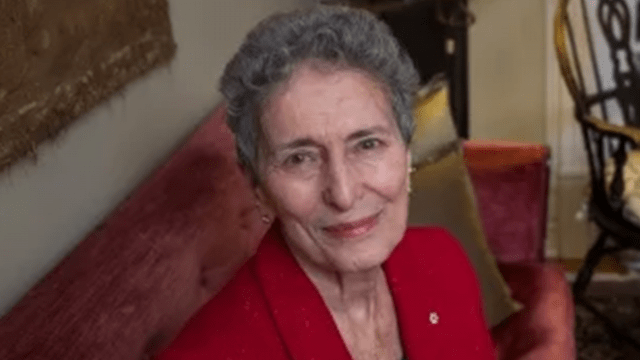
A seminar with Professor Carolyn Strange, Dr. Karo Moret Miranda and Dr. Tania Colwell
As an undergraduate, Carolyn Strange had the good fortune to be taught by a professor who had studied with Natalie Davis. He introduced her work though her saucily titled, "Women on Top: Symbolic Sexual Inversion and Political Disorder in Early Modern Europe" (1978). However, her 1990 book, Fiction in the Archives: Pardon Tales and their Tellers in Sixteenth Century France, has made the greater impact on Strange’s career. This talk explores Natalie Davis’ fascination with the minutia of past lives and her remarkable capacity to inspire historians who specialise in different periods and places.
Speaker bio: Prof Carolyn Strange has published extensively on the history of gender, violence, punishment and mercy in modern Canada, the U.S. and Australia. She is professor history and head of the School of History.
One Holy Thursday in 1789, on the island of Cuba, the Count of Casa Bayona washed the feet of twelve of his black slaves and sat with them at his table imitating the Last Supper of Jesus Christ and his Apostles. The next morning, the slaves organised a revolt and burned the mill…[.].
After a Princeton seminar where she guided students to make films that told good stories, Natalie Zemon Davis began writing her book Slaves on the Screen: Film and Historical Vision (2000). Her intention was to examine films about slavery, uprisings and maroonage, combining historical analysis and film criticism. Davis begins from her peripheral perspective, decentring global history, and then extends her discussion of the visual possibilities of representing slave life in cinematic terms, revealing and unveiling untold stories.
Speaker bio: Dr Karo Moret-Miranda is an Afro-Cuban historian, early career researcher, and Lecturer in History at the Australian National University. Her expertise lies in African and diaspora studies, particularly emphasising race, religion, and gender issues. With a profound interest in exploring the reciprocal influence of African and Afro-Caribbean cultures on Western thought and vice versa, Karo's research delves into the multifaceted intersections of culture and identity. Currently, she is deeply engaged in examining the transformative impact of the slave trade and slavery on the accommodation of gender and religions in the Caribbean and Africa, employing an interdisciplinary approach to her work.
Sex, adultery, lies, theft, and fraud: Natalie Zemon Davis’ The Return of Martin Guerre (1983) contains all these and more. Inspired by the limitations imposed on historical interpretation by the French film of the same name, this account of an early modern imposture interrogates the complex dynamics of peasant society in mid-sixteenth century France. Just as interestingly, however, it blends microhistory with speculative reconstruction to pose fascinating – if contested – questions about historical method that have engaged the discipline in lively debate for over four decades. In this talk, Dr Colwell will offer a brief reflection on Davis’ retelling of the tale of Martin Guerre and consider its methodological legacy for the writing of history.
Speaker bio:Dr Tania M. Colwell is a cultural historian of later medieval Europe with an interest in exploring questions of identity through various lenses, including manuscript culture, gender, emotions, and intercultural encounter. She is an Honorary Lecturer in the School of History.
Location
Speakers
- Professor Carolyn Strange (ANU)
- Dr Karo Moret-Miranda (ANU)
- Dr Tania M. Colwell (ANU)
Event Series
Contact
- David Romney Smith